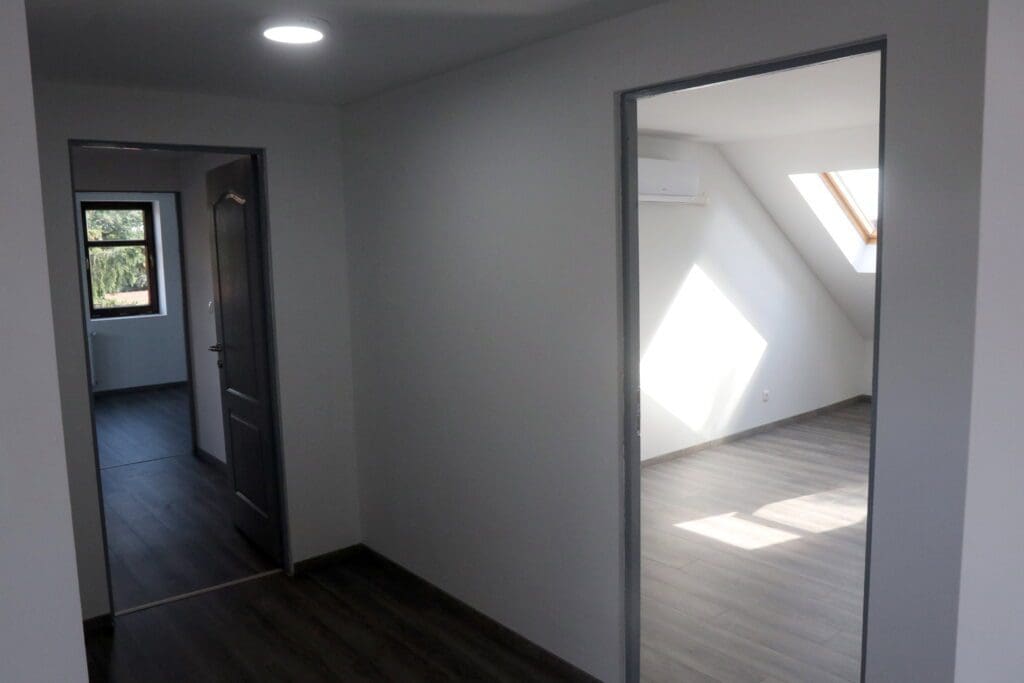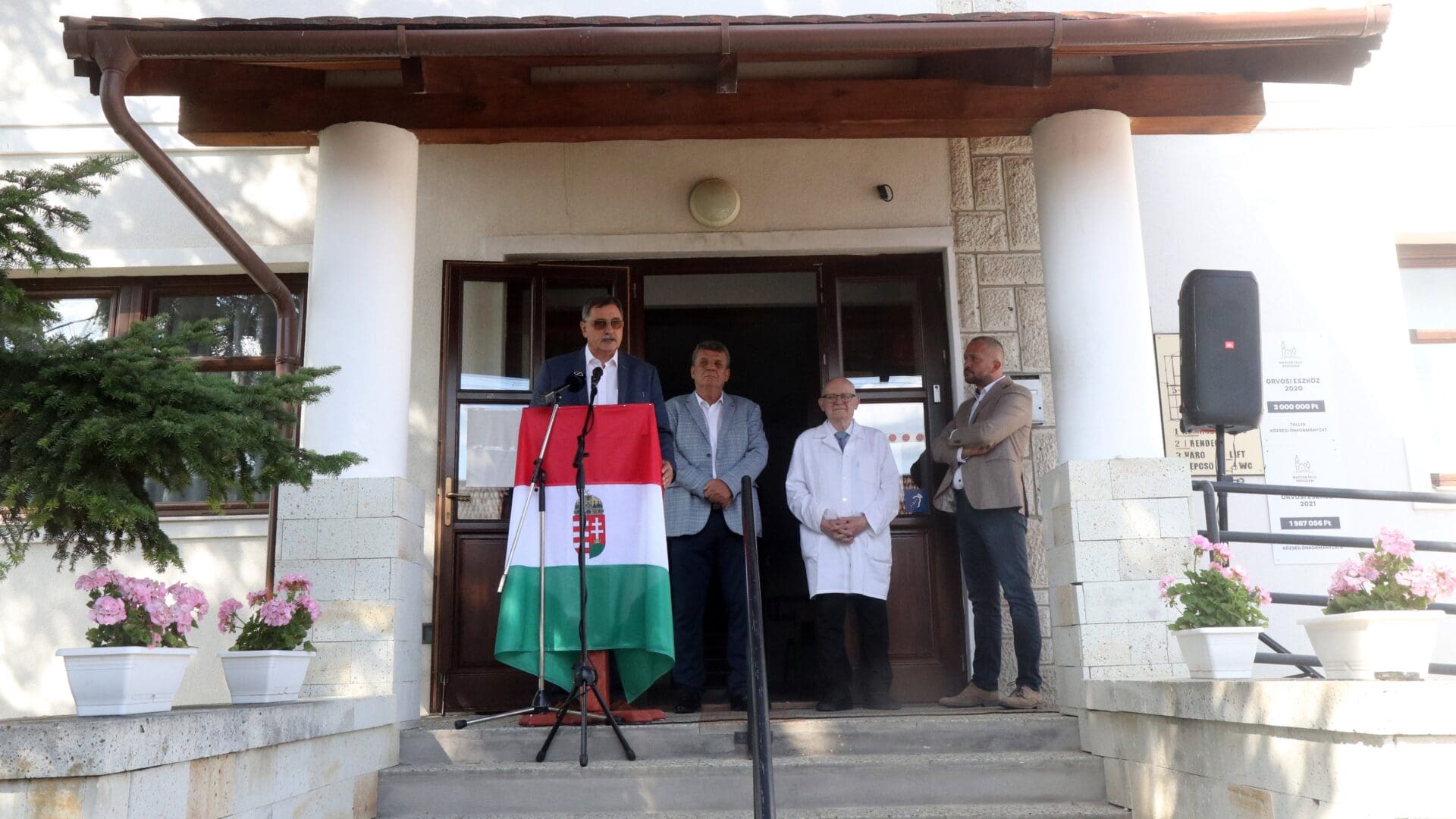More than 25 billion forints worth of healthcare developments have already been realised in the Hungarian Village Programme, Government Commissioner responsible for the development of modern settlements Alpár Gyopáros on Thursday in the Borsod-Abaúj-Zemplén County town of Tállya, where a renewed doctor’s housing unit was inaugurated.
Gyopáros added that ten per cent of this amount has been earmarked for Borsod-Abaúj-Zemplén County. In total, more than 70 billion forints worth of support has arrived in the county within the framework of Hungarian Village Programme. He stated that the programme aims to support young, beginner doctors who would be willing to work in villages and small settlements by providing them with housing, in order to retain them amidst the shortage of medical professionals. He emphasised that in the past three years, since flats and houses for doctors have been built or renovated in small settlements, the programme has contributed to the resolution of doctor shortages in 178 general practitioner practices.

In addition, the government has carried out over two thousand developments related to healthcare services, including the renovation and construction of outpatient clinics, the replacement of medical equipment, and the creation of housing for physicians and midwives, the commissioner explained. Gyopáros highlighted that Borsod-Abaúj-Zemplén is ‘over-represented’ in the Hungarian Village Programme, as there are many small settlements in the county where a large number of people live. He added that the government has faith that the quality of life will improve in these settlements thanks to the support of the programme, which will serve as a factor in the retention of the local population.
At the event, Fidesz Member of Parliament for the region Richárd Hörcsik underscored that in the past five to six years, medical service has improved in 32 settlements in Zemplén and Abaúj, including the reconstruction of outpatient clinics, which cost approximately 50–70 million Forints. The politician also stressed the importance of providing modern housing for doctors in smaller settlements and creating conditions similar to what a general practitioner could expect in cities like Sátoraljaújhely, Miskolc, or Budapest.
Hörcsik also pointed out that in the past five to seven years, projects have been realised in Abaúj and Zemplén that have encouraged young people to stay in the region. Examples include the construction of nurseries, school reconstructions, and the renovation of surgeries.
Tállya Mayor Szabolcs Serfőző reminded that the 85 square metre flat was renewed with a 33 million forint grant from the Hungarian Village Programme.
Read more:
Source: Hungarian Conservative/MTI








